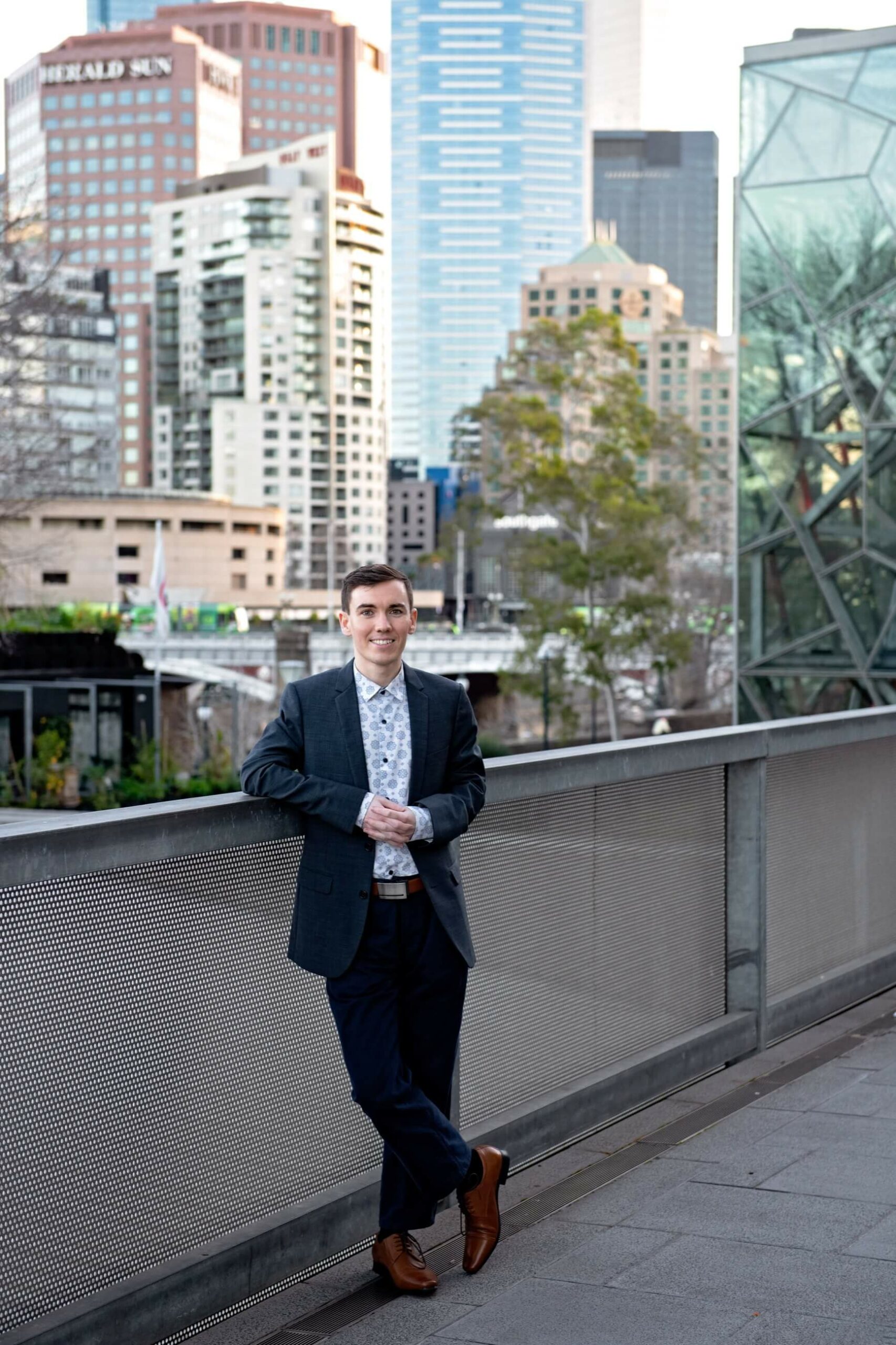Child counsellors can help children to understand and manage their emotions, set realistic goals, and develop coping strategies for dealing with stress. If your child is experiencing difficulties at school or home, a counsellor can provide support and guidance.
Counselling can also help children who have experienced trauma or are struggling with anxiety or depression.
Child counsellors specialise in working with children and adolescents. They are trained to understand the unique challenges that young people face. They can provide support and guidance to help them deal with these challenges in a healthy way.
If you are concerned about your child’s mental health, you may want to consider seeking out a child counsellor. Counsellors can help children to cope with difficulties in their lives and make positive changes. If you are interested in finding a child counsellor, you can speak to your doctor or contact a local mental health agency.
There are many different types of counselling, and the type of counselling that is right for your child will depend on their needs and preferences. Some common types of counselling include cognitive-behavioural therapy, family therapy, and play therapy.
The goals of counselling vary depending on the individual. Some people see counselling as a way to deal with immediate problems, while others see it as a way to make long-term changes in their lives.
Counselling can be conducted on an individual basis, with couples, or in a group setting. It can be short-term or long-term, depending on the needs of the individuals involved.
During counselling, you will likely be asked to discuss your thoughts and feelings about the issues that you are struggling with. The counsellor may also give you information about the issue and provide guidance on how to deal with it.
Counselling is a confidential process, which means that anything you discuss with the counsellor will not be shared with anyone else without your permission.
There are many different types of counselling, and the type of counselling that is right for you will depend on your needs and preferences. Some common types of counselling include cognitive-behavioural therapy, behavioural therapy, family therapy, and play therapy.
Counselling can provide many benefits for children and adults. Some of the benefits of counselling include improved mental health, improved communication skills, and increased coping skills.
Counselling can also help to reduce stress, anxiety, and depression. It can also help to improve relationships and make it easier to deal with difficult life events.
CBT is a widely recognized and evidence-based therapeutic approach used to address emotional and behavioural challenges in children. This collaborative and goal-oriented therapy focuses on helping children identify and manage their thoughts, emotions, and behaviours.
Here's how CBT, in collaboration with a skilled counsellor, can benefit children:
CBT helps children become aware of their thoughts and how these thoughts can influence their feelings and behaviours.
Children learn effective strategies to regulate their emotions, manage stress, and cope with challenging situations.
CBT teaches children to identify and change unhelpful behaviours by replacing them with more positive and adaptive ones.
Children acquire problem-solving skills to navigate difficulties and challenges they encounter in their daily lives.
CBT helps children develop a healthier self-esteem by challenging negative self-beliefs and promoting self-acceptance.
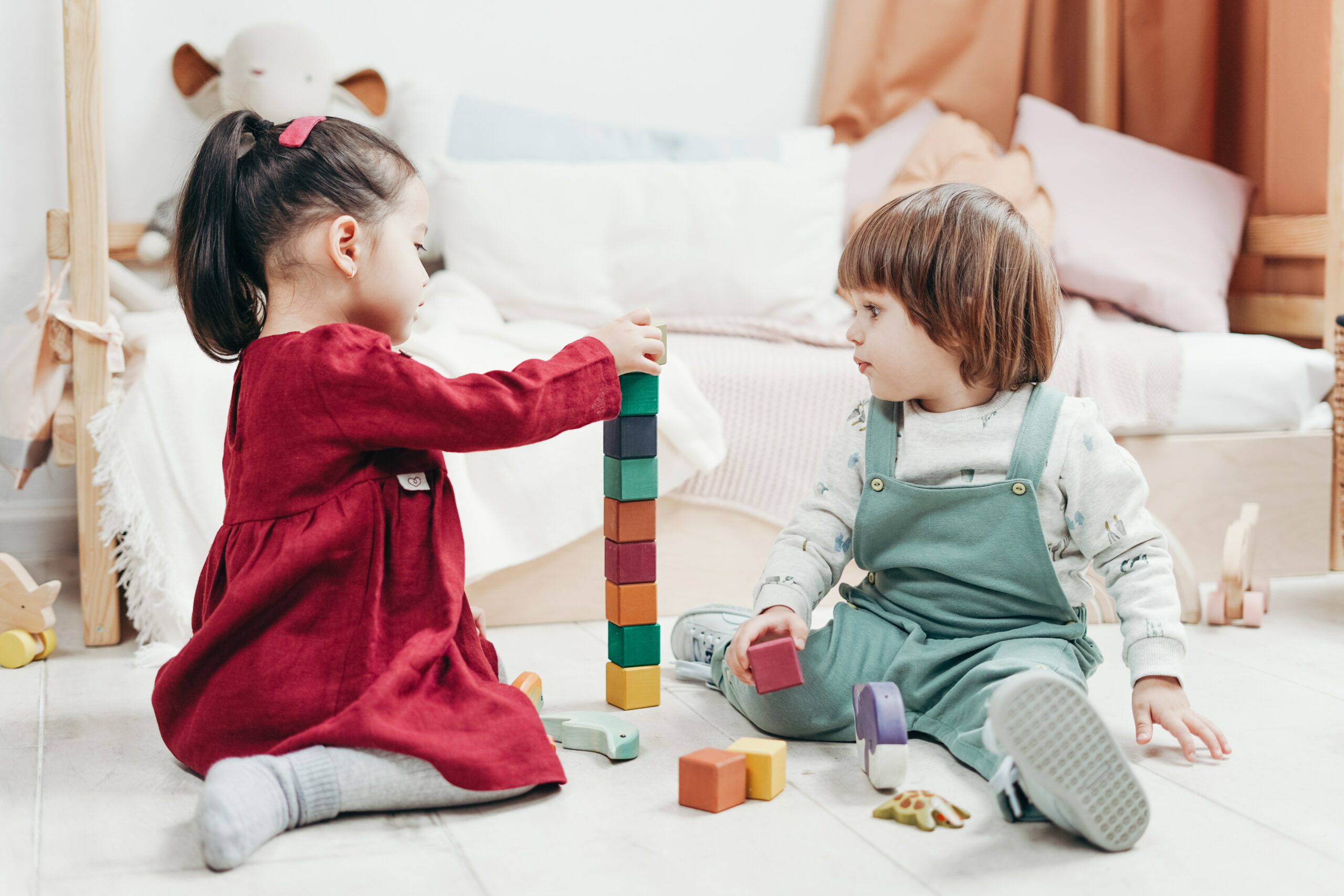
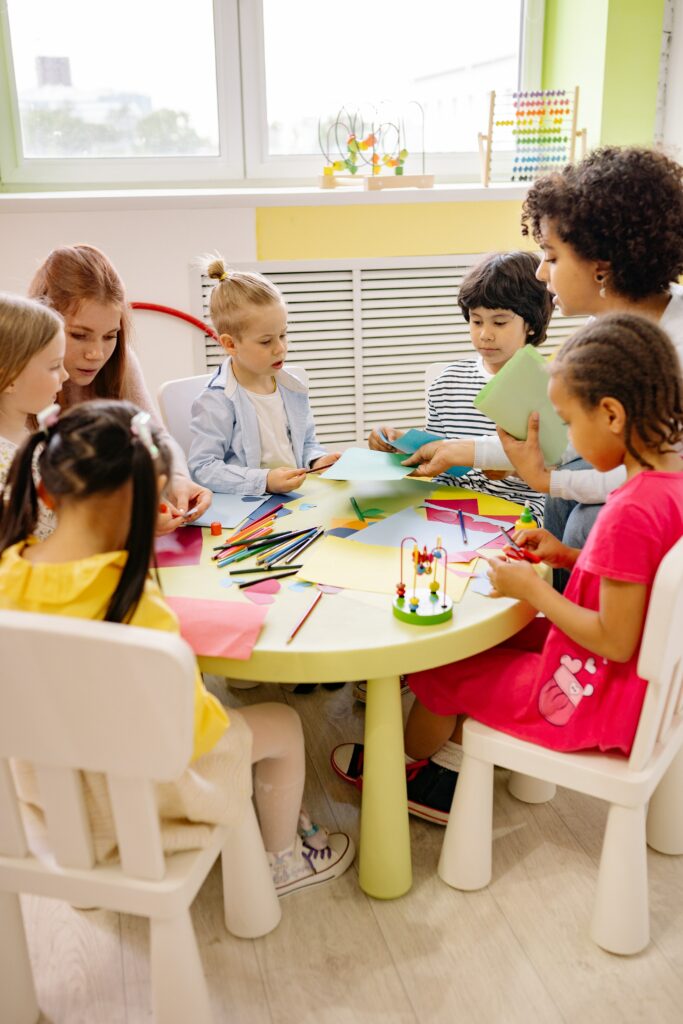
CBT offers numerous advantages for children and their families:
CBT equips children with the tools they need to build emotional resilience and cope with life's ups and downs.
By understanding emotions and developing empathy, children can enhance their social interactions and relationships with peers and family members.
CBT can lead to improved focus, concentration, and problem-solving abilities, which can positively impact academic performance.
As children develop emotional regulation skills, family dynamics often improve, leading to more harmonious relationships at home.
The skills learned through CBT are invaluable and can benefit children throughout their lives, helping them thrive in adulthood.
Behavioural therapy is an evidence-based approach that focuses on identifying and modifying undesirable behaviours while promoting positive and adaptive ones. Counsellors work collaboratively with children and their families to create personalised plans that address specific behavioural challenges.
Here's how behavioural therapy can benefit children:
Behavioural therapy begins with a thorough assessment of the child's behaviours and their underlying causes. This assessment helps in developing tailored intervention plans.
Children learn to identify problematic behaviours and develop strategies to replace them with more desirable actions.
Behavioural therapy equips children with techniques to manage their emotions and reactions effectively.
Children acquire vital social skills, enhancing their ability to form relationships, communicate, and interact positively with peers and adults.
Behavioural therapy often involves parents and caregivers, who learn strategies to reinforce positive behaviours at home.
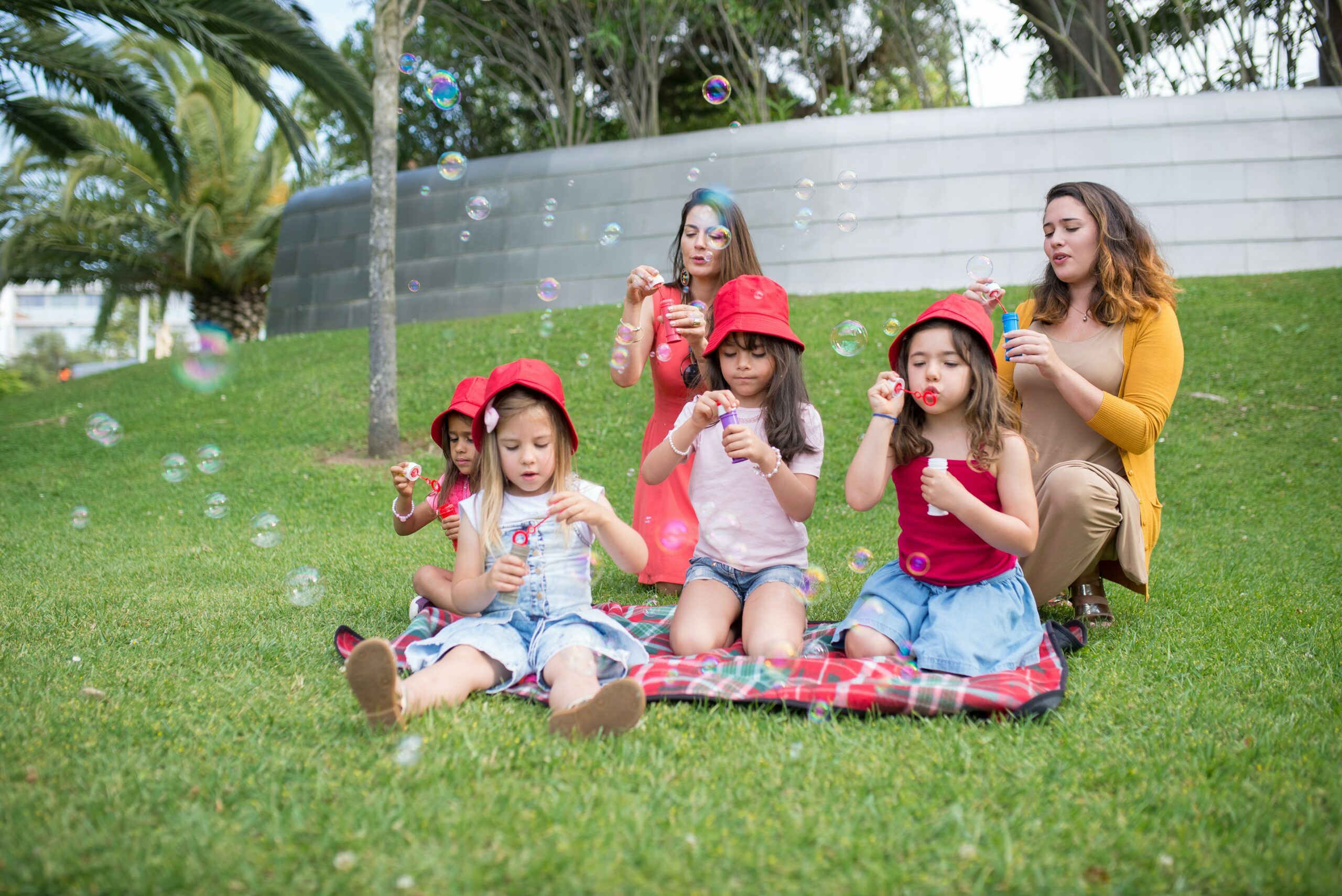
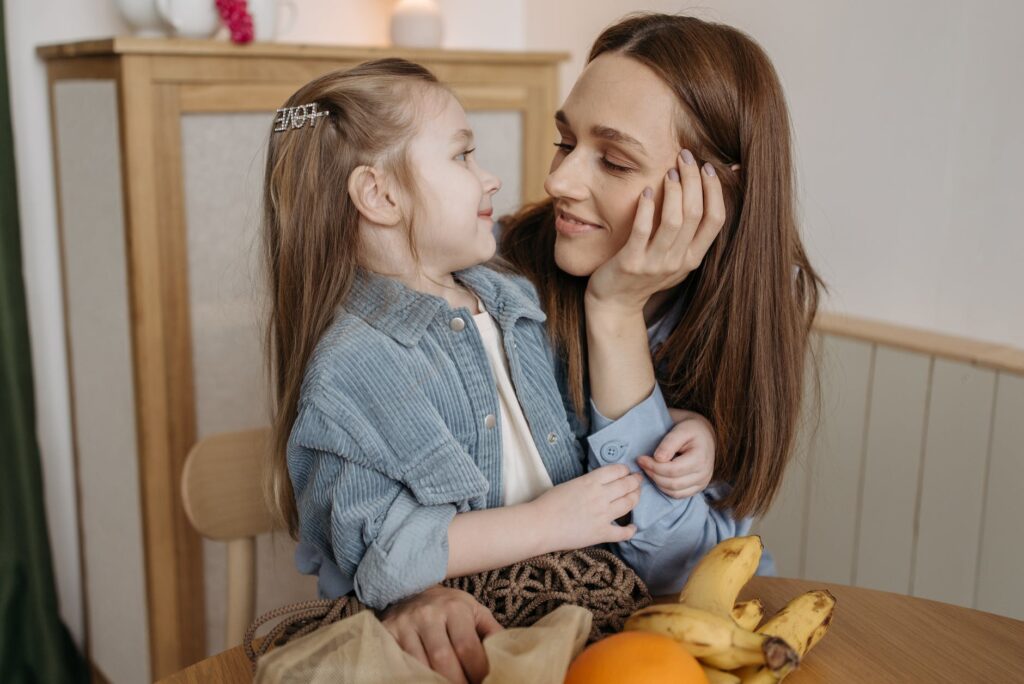
Behavioural therapy offers numerous advantages for children and their families:
Children learn to manage and modify their behaviours, leading to a reduction in disruptive actions.
By developing social skills, children can express themselves effectively and interact positively with others.
Improved self-regulation and attention span can positively influence academic performance, setting the stage for success in school.
As children's behaviours improve, family dynamics often become more harmonious, leading to a more peaceful home environment.
The skills acquired through behavioural therapy are invaluable and can benefit children throughout their lives, helping them thrive in adulthood.
Family therapy is a specialised form of counselling that focuses on improving communication, resolving conflicts, and enhancing relationships within a family unit. Counsellors work collaboratively with children and their families to create an inclusive and supportive therapeutic environment.

Here's how family therapy can benefit children:
Family therapy helps family members communicate more effectively, fostering understanding and empathy.
Families learn conflict resolution techniques that allow them to manage disagreements and conflicts constructively.
Children receive emotional support from their families, helping them navigate challenges and build resilience.
Family therapy aims to strengthen family bonds and create a supportive network for the child's emotional well-being.
Families learn coping strategies to navigate life's stressors and challenges together.
Family therapy offers numerous advantages for children and their families:
Children benefit from a supportive family environment, leading to enhanced emotional well-being.
Improved communication within the family helps children express themselves and feel heard.
Children learn valuable coping skills and build resilience, enabling them to face life's challenges with confidence.
Family therapy fosters healthy relationships within the family, contributing to a harmonious home environment.
Family therapy addresses the emotional needs of both children and parents, promoting holistic healing.
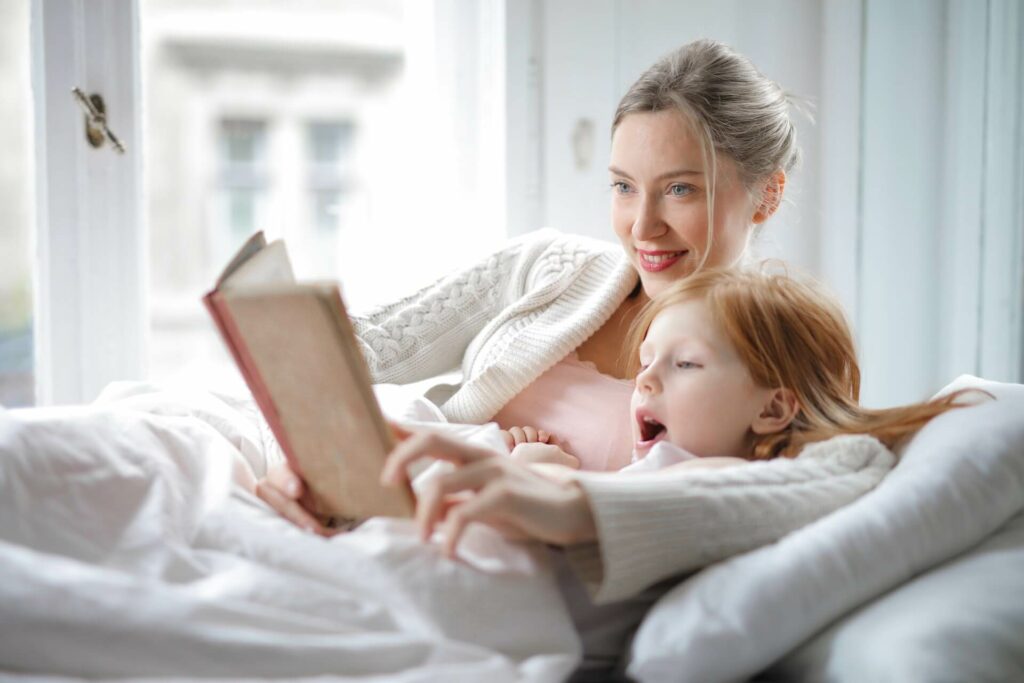
Play therapy is a specialised therapeutic approach designed for children to help them express their thoughts, emotions, and experiences through play. Counsellors work collaboratively with children to create a safe and nurturing environment that encourages self-expression.
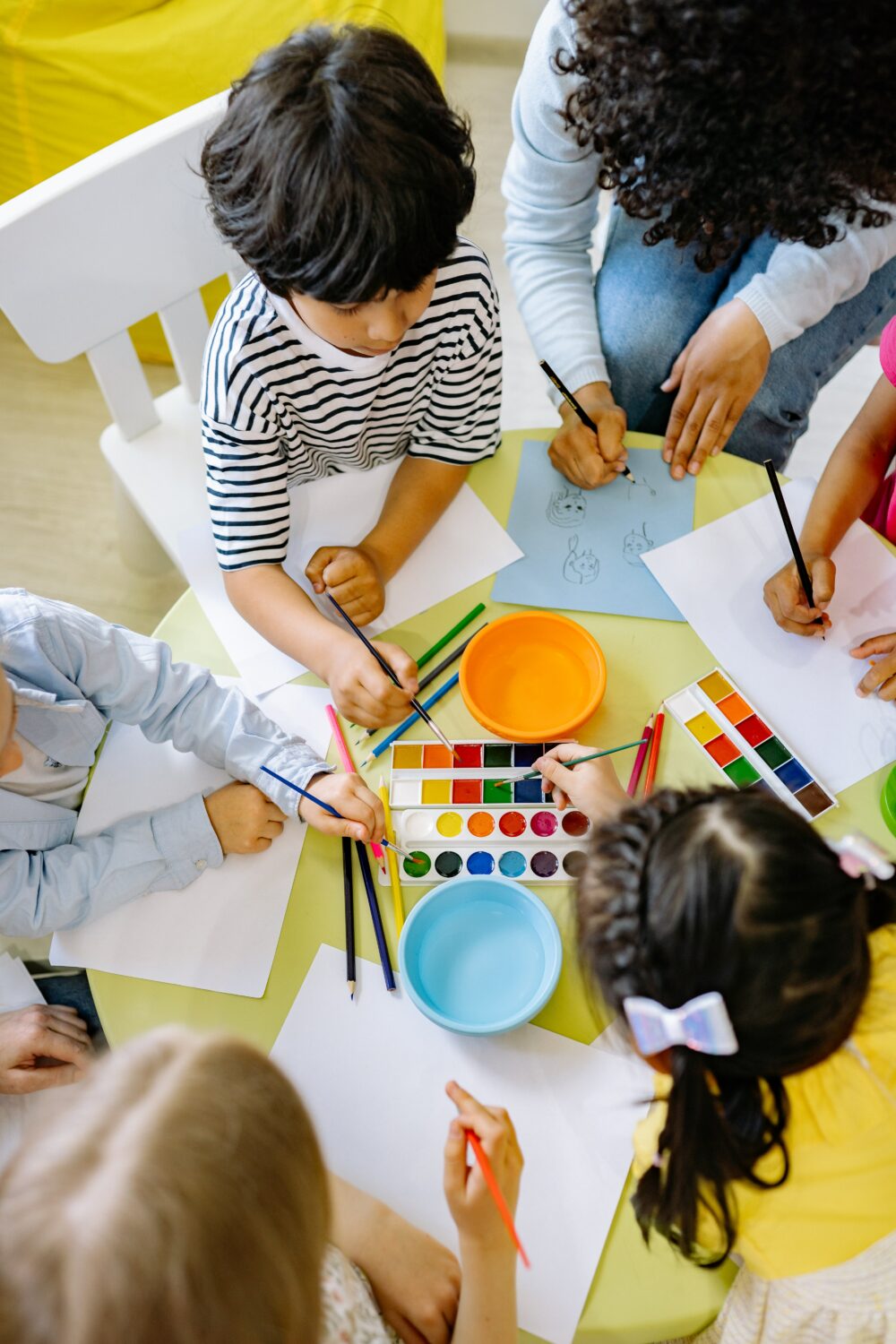
Here's how play therapy can benefit children:
Children are provided with a variety of toys and materials to engage in non-directive play. This allows them to explore and express themselves in ways that feel comfortable.
Play therapy provides a medium for children to express their emotions, even when they may not have the words to describe their feelings.
Through play, children can work through challenges and conflicts they may be facing, helping them develop problem-solving skills.
The therapeutic relationship formed with the counsellor can help children build trust and feel safe to share their inner thoughts and concerns.
Play therapy promotes healing and growth by addressing emotional difficulties, building resilience, and enhancing emotional well-being.
Play therapy offers numerous advantages for children and their families:
Children can release pent-up emotions and find relief from emotional distress.
Play therapy improves a child's ability to express themselves, leading to better communication with peers, parents, and teachers.
Children develop a healthier self-concept and self-esteem as they gain a better understanding of themselves.
Play therapy equips children with conflict resolution skills, helping them navigate peer and family conflicts more effectively.
Children become more empowered as they learn to cope with challenges and find their inner strengths.
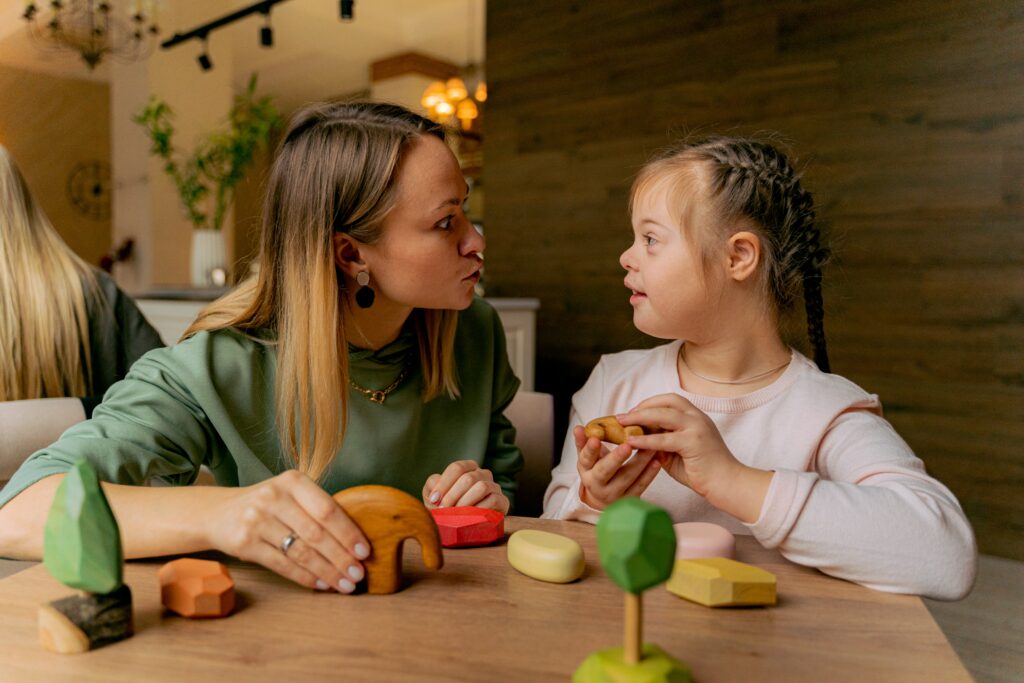
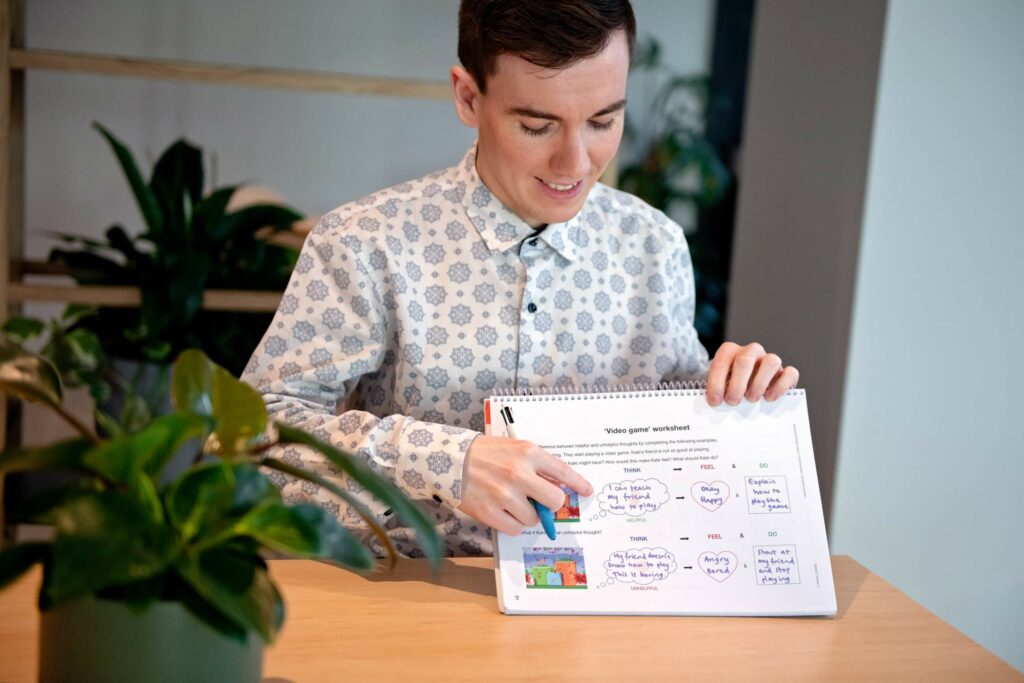
Paediatric Speech Pathlogist
Whatever your family’s case, there will be something out there for your child which can offer the best possibilities for success. Programs that I can tailor to your time and budget constraints.
If you’d like to book a FREE consultation here, I’ll be able to recommend a suitable program, components, and style for your circumstances.
If we’ve already spoken about suitable programs for your child, or you know what you’re after, then you can book a course here.
Ideally, daily practice with your child will be required. Three practice sessions per week would be considered a minimum. Without sufficient practice your child is unlikely to progress in skill development and in the long term this may in turn lead to a decrease in motivation.
Counselling practice should focus on the specific goals and materials that have been set in therapy sessions by your child’s counsellor. Other forms of practice, such as incidental practice are not likely to be as effective.
In order for your child to develop and extend new skills, feedback on practice attempts is required. This feedback should typically be delivered as labelled praise. Labelled praise will specifically let your child know what was correct about the attempt and will provide motivation and encouragement to keep trying.
As the focus of the counselling service is on training and supporting you, you are required for all therapy appointments. If you are unable to attend, please ring 03 413 992 86 or email [email protected] as soon as possible.
